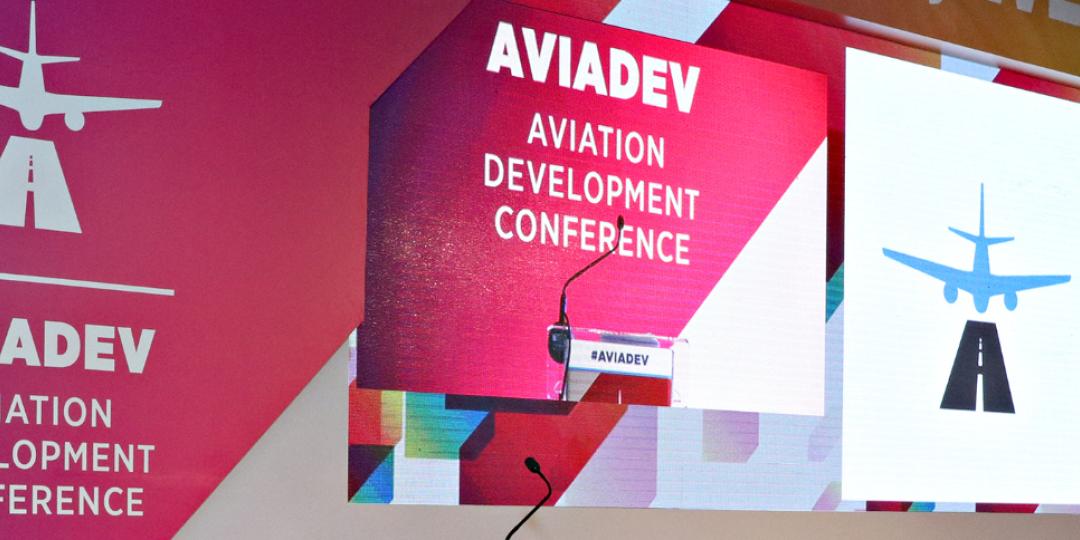African countries refusing fifth freedom rights to carriers from other African countries remains one of the most contentious issues bedevilling the implementation of the African Union’s Single African Air Transport Market (SAATM), said Chris Zweigenthal, CEO of the Airline Association of Southern Africa (AASA).
As part of SAATM, signatory states are to allow African airlines fifth freedom rights, allowing them to carry revenue traffic from their own country to a second country and onwards to a third country, thereby opening up regional markets for economic growth.
Zweigenthal said policy issues around fifth freedom rights needed to be resolved.
“The same rules must apply to everybody. There cannot be any exceptions to the rule. Everybody must get the same reciprocal benefit from fifth freedom rights. If you’ve signed up for SAATM, you are in. Any problems should be put on the table and discussed.”
Since the launch of SAATM in January 2018, 28 African states (including South Africa) have committed to it, but countries have been slow to implement it. “Only 14 have actually signed a memorandum to unconditionally open up their markets,” said Raphael Kuuchi, Iata’s Special Envoy on Aero-political Affairs. He said the issue of a dispute settlement mechanism also remained unresolved. He said only 10% of Africa’s population currently travelled by air because of the high cost of air travel and limited access to air connectivity, all issues that SAATM was intended to unlock. He said Iata was working with the AU on an economic impact study to clearly spell out to African governments the benefits of liberated air transport. “I would like those who have signed up to start implementing SAATM because if we delay this process any longer we will see African aviation experience a further dip in passenger numbers.”
Gaoussou Konate, Consulting Director Technical & Operations of the African Airlines Association (AFRAA), said the implementation of SAATM faced four challenges: High airfares; high airline operating costs; unsustainability of airlines; and a lack of trade amongst African countries. “Our fares are double or triple compared with the rest of the world. Middle-class African citizens can only afford 1.1 air trips per year, compared with the middle class in Latin America’s 5.4 trips, Asia Pacific’s 6 trips, the Middle East’s 11 trips, Europe’s 26.4 trips and the North American middle class’ 33 trips per year.” He said a decline in fares was noticeable on African routes where fifth freedom rights had been introduced, e.g. between Abidjan and Dakar.
Former Ethiopian Airlines CEO, Girma Wake, challenged AFRAA and regional communities: “Why do you allow your members and civil aviation authorities to continue to protect their markets to the disadvantage of millions of people who are currently denied inter-African travel? We should all work together to bring about full implementation of SAATM,” he said.























